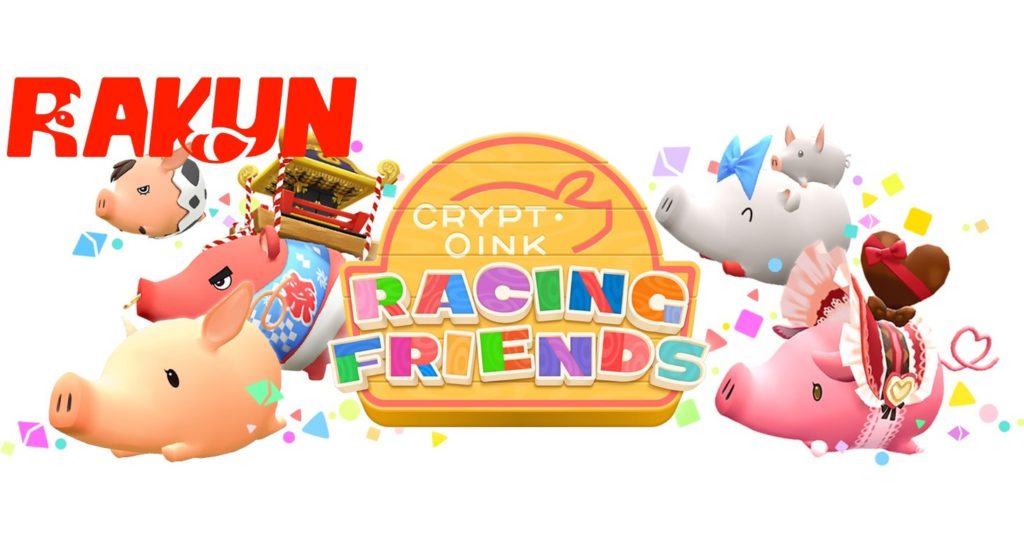
Out of dozens of token projects that supposedly aimed to offer financial services like remittances to the unbanked, Bitspark is one of the few still fully operational today.
If Facebook’s Libra project truly aims to serve the globe’s 1.7 billion unbanked , the Hong Kong-based Bitspark might offer some insights.
Related: How to Turn a $17 Million ICO Into $104 Million: The Cosmos Story
Bitspark was founded in 2014 and raised $1.3 million worth of cryptocurrency in a 2017 initial coin offering (ICO), according to co-founder Maxine Ryan.To date, the remaining crypto has appreciated to $2.8 million worth of bitcoin and other assets.
One factor that makes Bitspark unique among surviving token projects is that it was originally a bitcoin-centric project that switched to the open-source BitShares blockchain for quick scaling (Most of Bitspark’s $2.8 million in reserves is in BitShares’ BTS token, for instance).Unlike ethereum, BitShares co-founder Dan Larimer is no longer actively focused on this blockchain and it is primarily maintained by volunteers.
As such, BitShares had some of the benefits of being a public ecosystem, like bitcoin, yet also wasn’t too big to work on scaling solutions with Bitspark when the startup migrated to that technology on the back-end.
Slow growth So far, Ryan said most of Bitspark’s expenditure has been on staff (a team of 20) and operations, not marketing or community grants like many other token projects.
Related: ‘Gold-Backed’ Crypto Token’s Promoter Investigated by Florida Regulators
Bitspark currently operates in Hong Kong, the Philippines, Indonesia and Vietnam.Ryan said the startup plans to expand in 2020 beyond its two current cash-for-crypto centers in Hong Kong and 35 in the Philippines, thanks to a deal with the fast-food chain Calimex (Bitspark refers to these locations as “ cash points ”).
“While it’s still in the early stages of the launch phase, we have seen a meaningful uptick of 3–5 percent in transactions,” Calimex owner Jordan Moss told CoinDesk.“Becoming a Bitspark cash point has opened up the opportunity for a new revenue stream as well as facilitating cross-selling with Bitspark’s members and the crypto community in general.While coming in to use the cash point, we encourage customers to stay and enjoy a burrito or a margarita.”
Moss, who says he doesn’t own any crypto and wasn’t involved with the industry prior, added an important point about Bitspark’s focus on cash.
“Bitspark makes the complex easy for non-crypto businesses and people who are seeking to get into the space,” he said.
Indeed, Bitspark uses the token for a traditional points-based rewards program, which allows the user to cash out those ZEPH tokens for bitcoin or use them for transaction fees.There are some unbanked users able to use Bitspark services, but they are not the profit driver this startup relies on.
“Our services are available not only to the unbanked but as an alternative to existing financial services generally,” Ryan said.
Co-founder George Harrap told CoinDesk that, like several other startups who still have several years of runway since the 2017 bull market, Bitspark is able to make a small profit because it doesn’t base its revenue model on the ZEPH token.
Furthermore, he said Bitspark processes transactions and currency swaps on the backend, using the BitShares decentralized exchange (DEX).
“In any of our conversations with customers, it’s there in the background doing its thing,” he said of ZEPH.“It’s an added incentive for customers to use our products, but the value to them should be in the product first and foremost, not the token.”
One such user, Japanese professor Fujita Kazuhisa, tried Bitspark during a trip to Hong Kong.He told CoinDesk he bought a tiny amount of bitcoin back in 2015, and has a high level of technical knowledge, but doesn’t consider himself a “crypto” person.
He is, as Crypto Twitter might say, a relatively normal person who is not routinely active in “the space.”
“I think Bitspark is unique in the sense they are using a DEX and a stablecoin backed by BitShares’ collateral system as the gateway to offer their crypto remittance service,” Kazuhisa said.“Their service is well designed to make it easier to use [than a DEX].
But … emerging fintech remittance companies, who rely on fund settlement in the traditional finance networks … may still be more efficient and easier to use.”.
